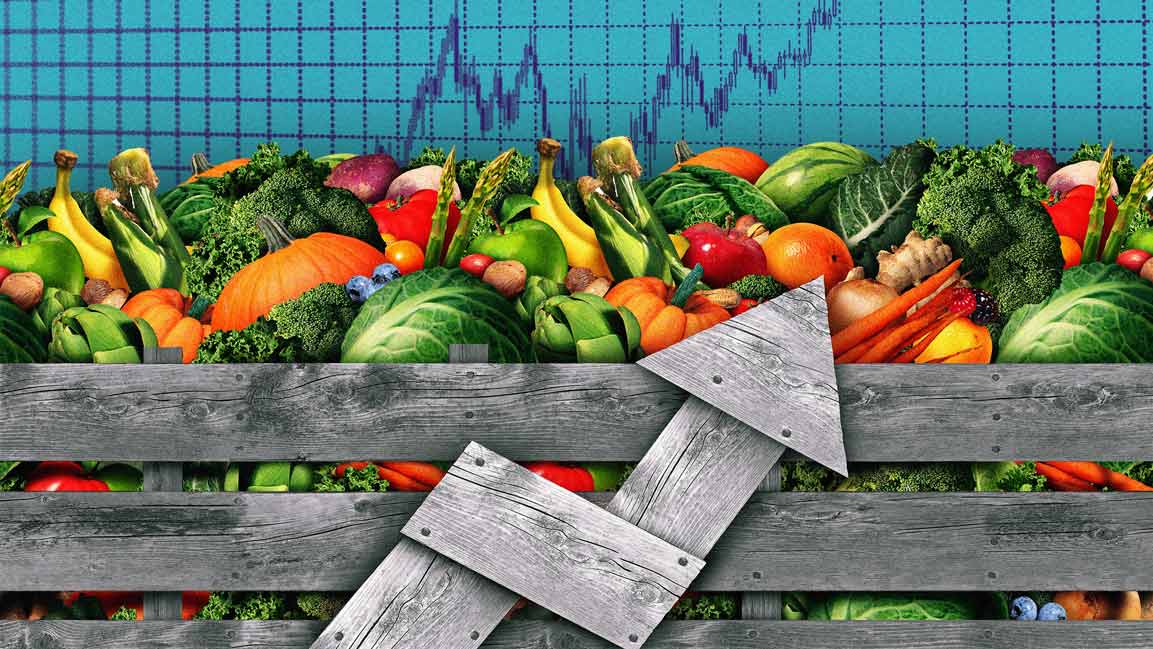- | 1:00 pm
Food inflation to impede MENA’s growth in 2023
According to a report by the World Bank, the negative impact of high food prices on children's nutrition can lead to long-term effects on their growth and opportunities.

Roberta Gatti, the chief economist for World Bank MENA, has revealed that almost one in five residents of developing nations in the MENA region is expected to face food insecurity this year. The World Bank has released a regional assessment report, which notes that the MENA region will experience double-digit food price inflation this year, leading to a slowdown in growth from 5.8% to 3%. The report’s previous prediction of a 3.5% growth rate for the region has been revised downwards.
The World Bank did not factor in the impact of the unexpected OPEC+ oil output cuts announced last week and raised oil prices and price expectations in their predictions. As per the World Bank, the report was prepared prior to these announcements.
The World Bank stated that between March and December 2022, the average food inflation rate in 16 MENA economies was 29%, surpassing the 19.4% headline inflation rate for the same period. The report cautioned that the adverse impact of high food prices on nutrition could have a lasting effect on children’s growth and future prospects. The increased food prices are estimated to raise the risk of childhood stunting by 17%-24% in developing MENA nations, putting roughly 200,000 to 285,000 newborns at risk of stunting.
The World Bank forecasts a decline in the GDP per capita growth rate, a measure of living standards, from 4.4% in 2022 to 1.6% in 2023. The Bank also projects a growth rate of 3.1% in the region by 2024. Due to the anticipated decrease in oil prices from their peak levels in 2022, growth in the GCC is expected to decelerate to 3.2% this year from an estimated 7.3% in the previous year.
Emerging oil exporters such as Algeria and Iraq are expected to experience a growth rate of 2.2% in 2023, which is lower than 3.9% in 2022. On the other hand, developing oil importers like Lebanon and Tunisia are projected to grow at a rate of 2.8% in 2023 and 3.1% in 2024, excluding Egypt.
Egypt, however, is expected to expand reasonably quickly at a rate of 4% between 2023 and 2024.
































